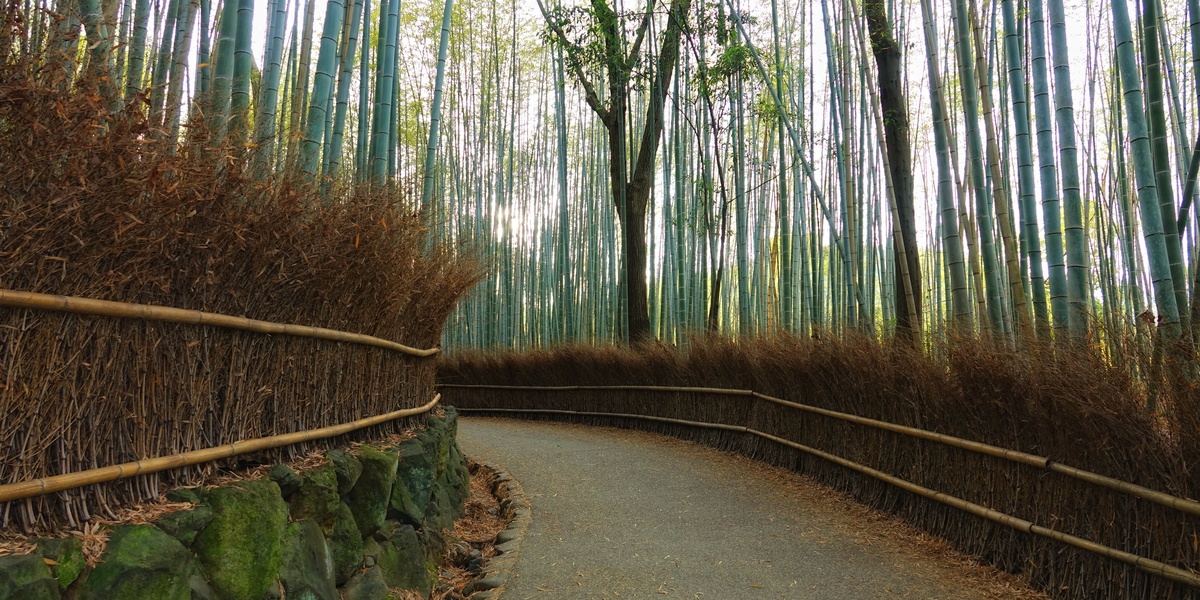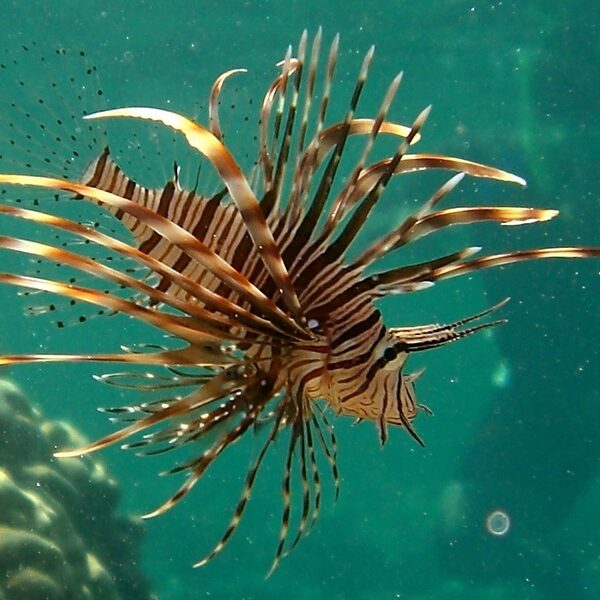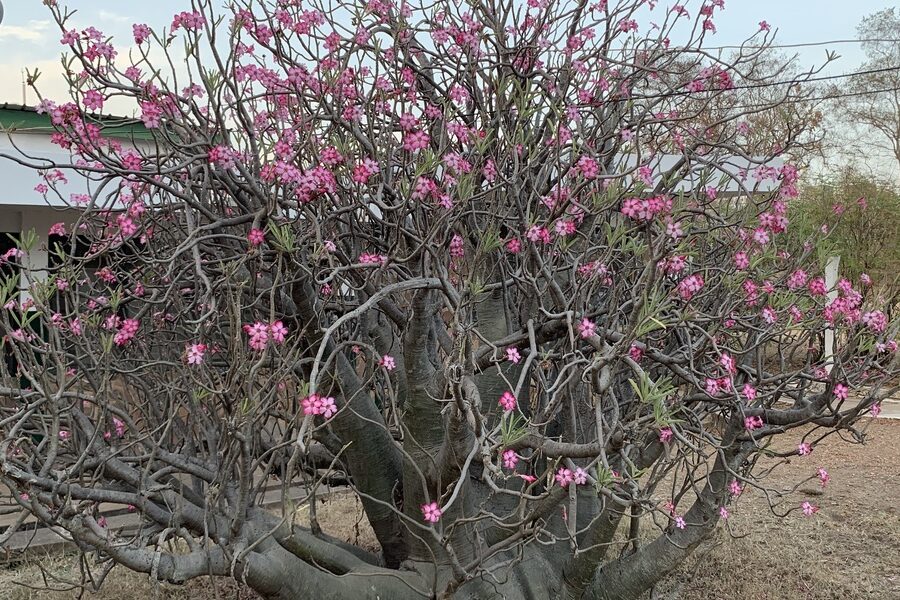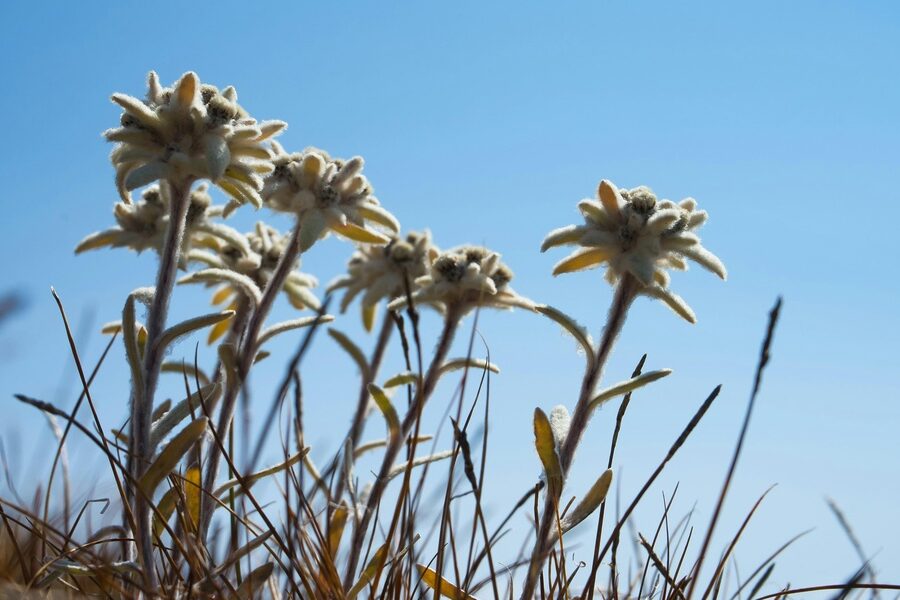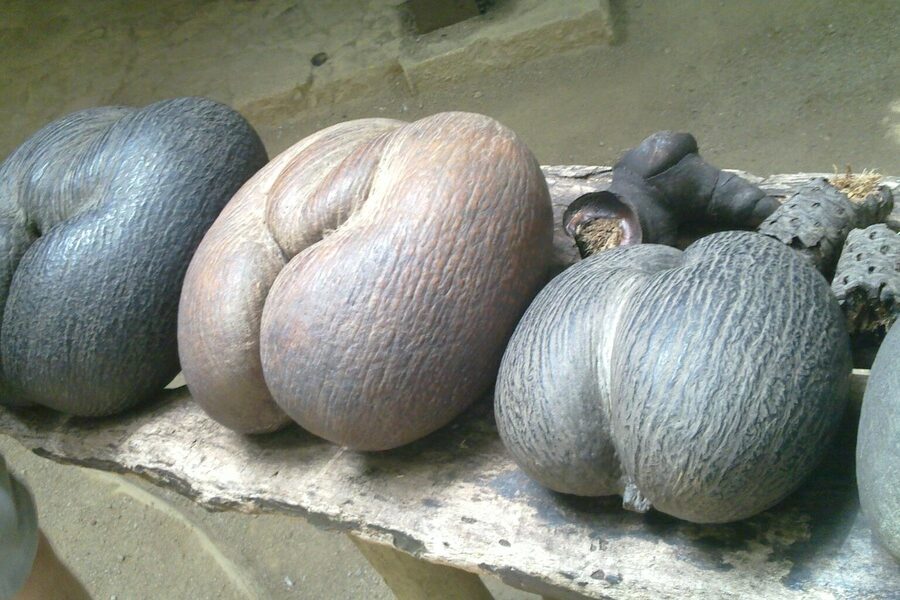China’s varied climates—from alpine slopes to subtropical river valleys—support a wide tapestry of plant life that shapes local diets, medicine and landscapes. Many species are tied to particular regions and uses, so looking at them side-by-side helps spot ecological and cultural patterns.
There are 33 Plants of China, ranging from Asian ginseng to Yulan magnolia. Entries are organized with Scientific name,Native range,Height (m); details you’ll find below.
How were the 33 plants selected?
They were chosen to represent a mix of native, culturally significant and ecologically distinct species across China’s major habitats, using common botanical references and regional guides so the list covers medicinal, ornamental and wild taxa rather than every possible species.
Can I grow any of these species in a home garden outside China?
Some are adaptable and can thrive in similar temperate or subtropical zones, while others need specific soil, chill hours or humidity; always check the listed native range and height, local climate compatibility, and any import or invasive-species regulations before planting.
Plants of China
| Name | Scientific name | Native range | Height (m) |
|---|---|---|---|
| Ginkgo | Ginkgo biloba | Sichuan,Shaanxi,Zhejiang | 20-35 |
| Tea | Camellia sinensis | Yunnan,Sichuan,Fujian,Zhejiang,Guizhou,Anhui | 1-5 |
| Moso bamboo | Phyllostachys edulis | Zhejiang,Jiangxi,Fujian,Sichuan,Anhui,Hunan | 10-28 |
| Dawn redwood | Metasequoia glyptostroboides | Hubei,Hunan | 20-40 |
| Masson pine | Pinus massoniana | Fujian,Guangdong,Guangxi,Jiangxi,Anhui | 15-30 |
| Chinese red pine | Pinus tabuliformis | Hebei,Shanxi,Shaanxi,Beijing,Inner Mongolia | 10-25 |
| Sweet osmanthus | Osmanthus fragrans | Zhejiang,Fujian,Guangdong,Guangxi,Hunan | 3-10 |
| Camphor tree | Cinnamomum camphora | Fujian,Guangdong,Guangxi,Zhejiang | 10-20 |
| Notoginseng | Panax notoginseng | Yunnan,Guangxi | 0.2-0.6 |
| Asian ginseng | Panax ginseng | Jilin,Liaoning,Heilongjiang | 0.3-0.6 |
| Chinese yew | Taxus chinensis | Sichuan,Yunnan,Hubei,Hunan,Guangxi | 3-15 |
| Butterfly bush | Buddleja davidii | Sichuan,Hubei,Shaanxi | 2-5 |
| Chinese wisteria | Wisteria sinensis | Sichuan,Zhejiang | 5-15 |
| Chinese tulip tree | Liriodendron chinense | Hubei,Hunan,Guangxi,Guizhou,Sichuan | 20-35 |
| Yulan magnolia | Magnolia denudata | Anhui,Jiangsu,Zhejiang,Henan | 8-12 |
| Herbaceous peony | Paeonia lactiflora | Gansu,Shaanxi,Hebei,Henan | 0.6-1.2 |
| Tree peony | Paeonia suffruticosa | Shaanxi,Gansu,Henan | 1-2.5 |
| Licorice | Glycyrrhiza uralensis | Gansu,Ningxia,Inner Mongolia,Shaanxi | 0.3-1.2 |
| Ma huang | Ephedra sinica | Inner Mongolia,Gansu,Ningxia,Shanxi | 0.2-1.0 |
| Rhodiola | Rhodiola crenulata | Qinghai,Sichuan,Xizang (Tibet) | 0.05-0.3 |
| Mandarin | Citrus reticulata | Guangdong,Guangxi,Fujian,Yunnan | 3-6 |
| Persimmon | Diospyros kaki | Zhejiang,Anhui,Jiangsu,Hubei | 4-10 |
| Jujube | Ziziphus jujuba | Shanxi,Hebei,Shaanxi,Henan | 3-10 |
| Chinese katsura | Cercidiphyllum japonicum | Zhejiang,Anhui,Jiangsu,Fujian | 10-25 |
| Chinese nutmeg yew | Torreya grandis | Zhejiang,Fujian,Jiangxi | 6-15 |
| Pagoda tree | Styphnolobium/ Sophora japonica | Hebei,Henan,Shandong | 8-20 |
| Forsythia | Forsythia suspensa | Hebei,Henan,Shandong,Zhejiang | 1-3 |
| Plum (mei) | Prunus mume | Zhejiang,Sichuan,Yunnan | 3-8 |
| Chinese zelkova | Zelkova schneideriana | Anhui,Zhejiang,Jiangsu,Jiangxi,Hubei | 15-25 |
| Ground orchid | Cymbidium goeringii | Zhejiang,Jiangxi,Sichuan,Fujian | 0.2-0.5 |
| Mondo grass | Ophiopogon japonicus | Zhejiang,Anhui,Fujian,Guangxi,Sichuan | 0.1-0.3 |
| Chinese holly | Ilex chinensis | Guangdong,Guangxi,Fujian,Zhejiang | 3-8 |
| Tree of heaven | Ailanthus altissima | Shaanxi,Shanxi,Hebei,Sichuan | 10-25 |
Images and Descriptions
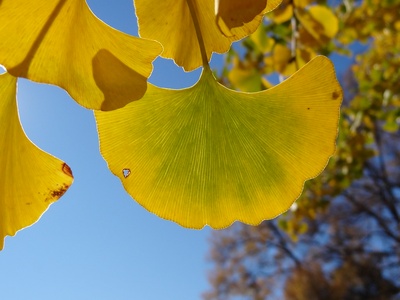
Ginkgo
An ancient deciduous tree found in sheltered mountain forests and temple plantings. Ginkgo grows 20–35 m tall, prized for fan-shaped leaves, resilient urban tolerance, medicinal seeds and elaborate cultural significance in China’s gardens and heritage sites.

Tea
A semi-evergreen shrub cultivated on mountain terraces and forests in southern provinces. Tea plants reach about 1–5 m, produce the leaves used for green, black, and pu-erh teas, and support China’s historic tea culture and commerce.
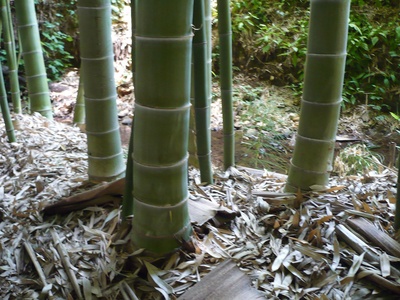
Moso bamboo
A giant temperate bamboo dominating plantation and secondary forests in eastern and southern China. Moso bamboo grows 10–28 m tall, provides timber, paper and edible shoots, and is economically vital for construction and bamboo products.
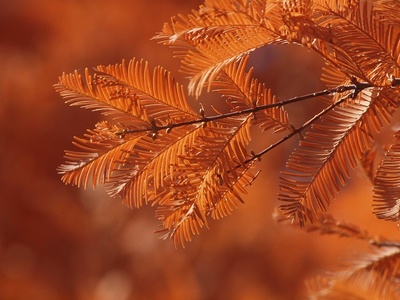
Dawn redwood
A fast-growing deciduous conifer native to few river valleys in Hubei and Hunan. Dawn redwood attains 20–40 m, was once known only as a fossil, and is now a conservation icon and popular ornamental worldwide.
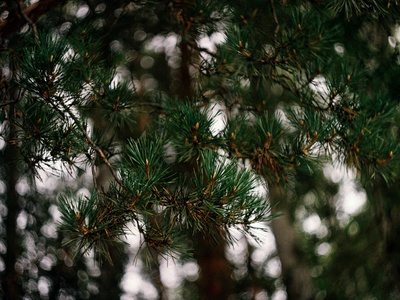
Masson pine
A widespread evergreen pine of southern Chinese hills and plantations. Masson pine reaches 15–30 m, is used for timber, resin and reforestation, tolerates poor soils, and shapes many subtropical landscapes.
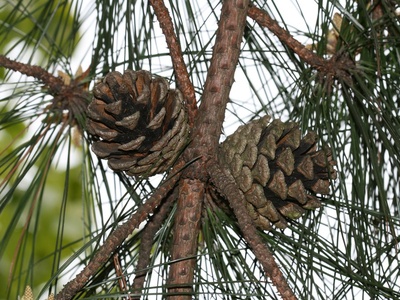
Chinese red pine
A resilient northern pine of dry hills and plains. Chinese red pine grows 10–25 m tall, is important for watershed protection and timber, and shows distinctive flat-topped crowns on exposed sites.
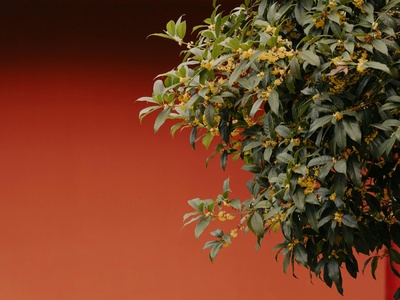
Sweet osmanthus
A fragrant evergreen shrub or small tree in gardens and forests of southern China. Osmanthus reaches 3–10 m, blooms tiny orange-white flowers used in perfumery and tea flavoring, and is culturally valued for festivals and cuisine.
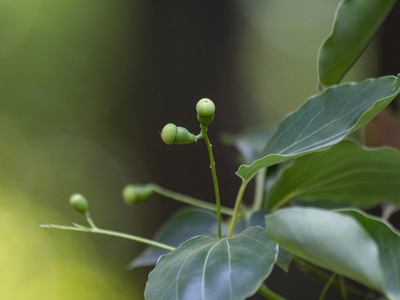
Camphor tree
A large evergreen tree of warm southern lowlands and hills. Camphor grows 10–20 m, yields camphor oil from wood and leaves, provides durable timber, and is widely planted for shade and traditional medicine.
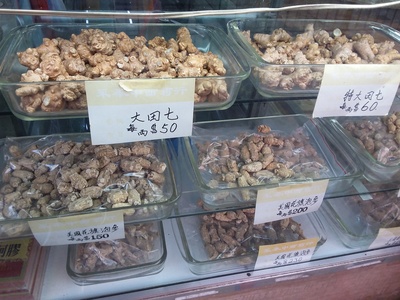
Notoginseng
A small perennial herb from shaded mountain slopes in Yunnan and Guangxi. Notoginseng reaches under 1 m, has thick roots used extensively in traditional Chinese medicine for circulation and trauma, and is a high-value medicinal crop.
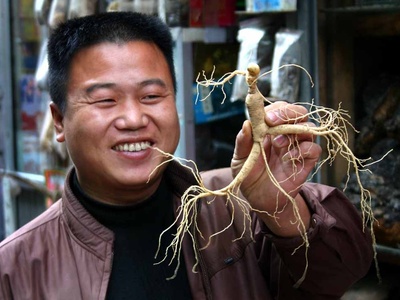
Asian ginseng
A slow-growing woodland herb native to northeastern China. Asian ginseng stands under 1 m, produces a forked root prized for tonic and adaptogenic uses, and is harvested both wild and in cultivation with strict conservation concerns.
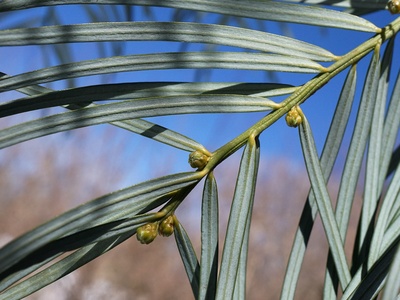
Chinese yew
A shade-tolerant evergreen tree in montane forests of central and southern China. Chinese yew grows 3–15 m, yields taxanes of pharmaceutical interest, faces overharvesting, and is a focus of conservation and cultivation efforts.
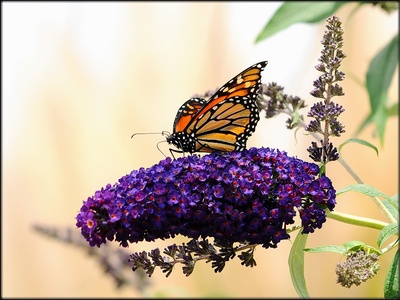
Butterfly bush
A fast-growing shrub from central Chinese river valleys and disturbed sites. Buddleja grows 2–5 m, produces nectar-rich panicles that attract butterflies, and has become widely planted and naturalized beyond China for ornamentation.
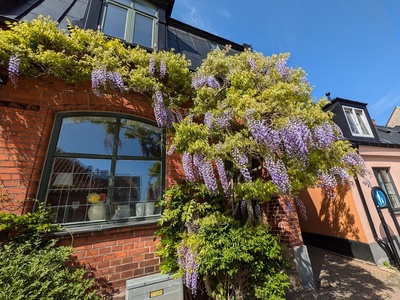
Chinese wisteria
A vigorous woody vine native to verdant valleys and forest edges. Chinese wisteria climbs 5–15 m, makes dramatic cascading purple flower clusters in spring, and is a classic ornamental deeply integrated into Chinese gardens.
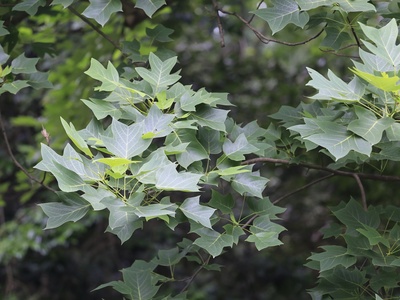
Chinese tulip tree
A stately deciduous tree of mixed montane forests. Liriodendron reaches 20–35 m, bears tulip-like fragrant flowers in summer, provides fine timber, and is closely related to North American tulip tree species.
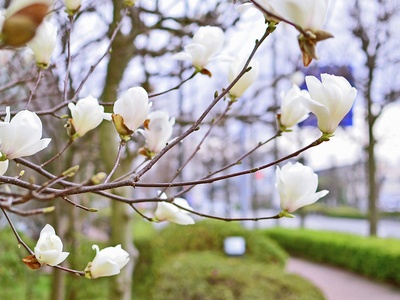
Yulan magnolia
A beloved early-flowering tree from central-eastern China grown in parks and temple grounds. Yulan magnolia reaches 8–12 m, displays large white fragrant blossoms before leaf-out, and is a cultural symbol of purity in Chinese art.
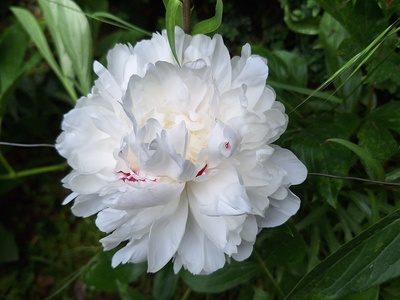
Herbaceous peony
A clump-forming perennial native to northern China’s steppes and mountain slopes. Herbaceous peony grows under 1.5 m, forms showy blooms in late spring, is the source of many ornamental cultivars, and has historical medicinal uses.
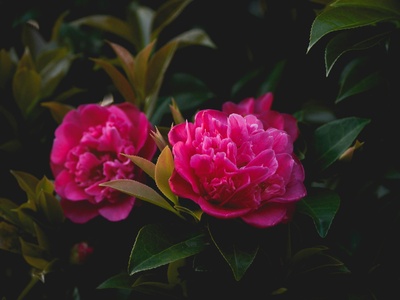
Tree peony
A woody shrub prized for large, ornate flowers in central China. Tree peony reaches 1–2.5 m, cultivated for centuries for its dramatic blossoms, used in traditional medicine and ceremonial plantings, and celebrated in Chinese horticulture.
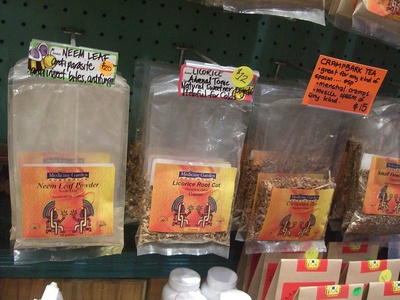
Licorice
A perennial legume of dry grasslands and river valleys in northern China. Licorice grows up to about 1 m, produces sweet roots widely used in herbal medicine, confectionery and as a flavoring in traditional remedies.
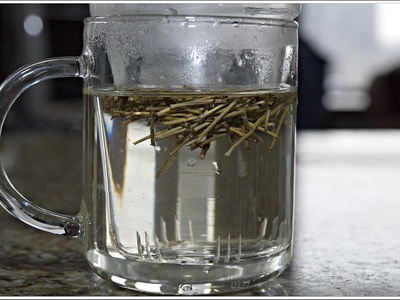
Ma huang
A leafless, shrubby gymnosperm of arid steppe and sandy soils. Ephedra reaches under 1 m, contains alkaloids historically used in Chinese medicine for respiratory conditions, and is regulated due to pharmacological potency.
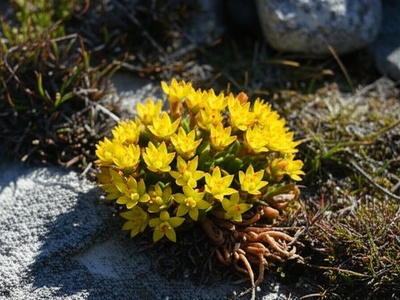
Rhodiola
A small succulent herb of alpine scree and high meadows on the Tibetan plateau. Rhodiola grows only a few centimeters tall, has fleshy roots used in traditional medicine as an adaptogen, and is harvested from fragile high‑altitude habitats.

Mandarin
A small evergreen fruit tree native to southern China’s subtropical groves. Mandarin trees reach 3–6 m, produce sweet segmented fruit central to cuisine and festivals, and are ancestral to many cultivated citrus varieties.
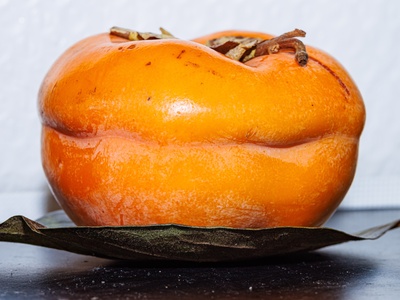
Persimmon
A medium deciduous fruit tree of eastern Chinese orchards. Persimmon grows 4–10 m, bears sweet or astringent orange fruits eaten fresh, dried or cooked, and has long culinary and cultural importance across China.
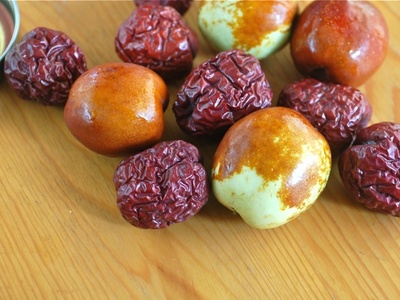
Jujube
A hardy deciduous shrub or small tree of northern Chinese plains and terraces. Jujube reaches 3–10 m, yields nutrient-rich fruits used fresh, dried and in traditional medicine, and has been cultivated for millennia.
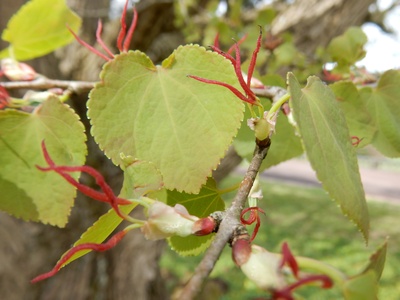
Chinese katsura
A graceful deciduous tree of moist river valleys and lower mountain slopes. Katsura grows 10–25 m, has heart-shaped leaves and fragrant autumnal scent, and is grown ornamentally for spectacular fall color and delicate branching.

Chinese nutmeg yew
An evergreen conifer of warm, humid mountain forests. Torreya reaches 6–15 m, produces edible seeds known as a traditional nut, supplies durable timber, and is valued both for food and local cultural uses.
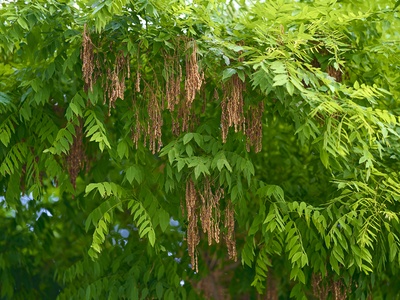
Pagoda tree
A hardy deciduous urban and roadside tree native to parts of China. Pagoda tree attains 8–20 m, has fragrant creamy flowers used in traditional remedies, tolerates pollution and compacted soils, and features in classical landscapes.
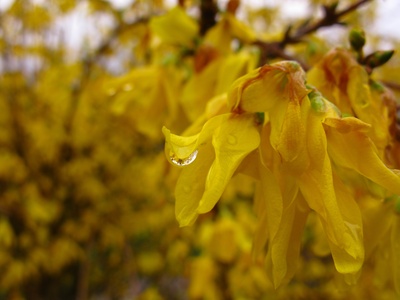
Forsythia
A bright yellow-flowering shrub of riverbanks and cultivated hedges in eastern China. Forsythia grows 1–3 m, blooms early in spring with vivid yellow flowers, and is used medicinally and widely planted for early-season color.
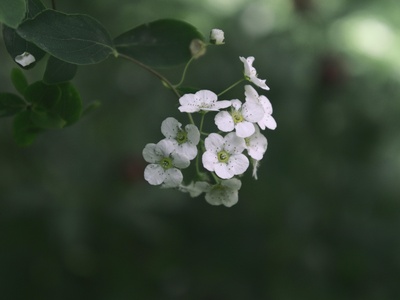
Plum (mei)
A small deciduous tree grown in gardens and mountain slopes for fragrant winter-spring blossoms and fruit. Mei reaches 3–8 m, flowers often before leaves, symbolizes resilience in Chinese culture, and its fruit is used in preserves and beverages.
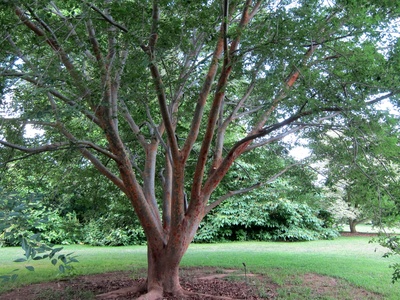
Chinese zelkova
A large hardwood tree of lowland and montane forests in eastern China. Zelkova grows 15–25 m, yields strong timber, shows attractive vase-shaped crowns, and is used for furniture, street planting and soil stabilization.
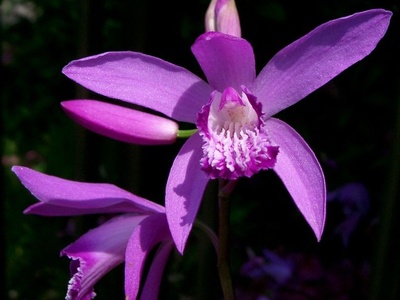
Ground orchid
A grass-like terrestrial orchid of shaded woodland floors and rocky slopes. Cymbidium reaches under 0.5 m, bears fragrant, elegant flowers prized by collectors, and has long cultural significance in Chinese horticulture and art.
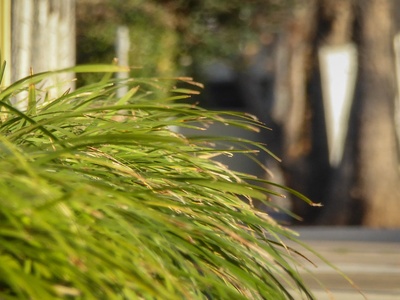
Mondo grass
A small evergreen groundcover in shaded gardens and forest margins. Mondo grass grows 0.1–0.3 m tall, forms dense tufts with strap-like leaves, is used widely in Chinese landscaping, and has minor medicinal uses.
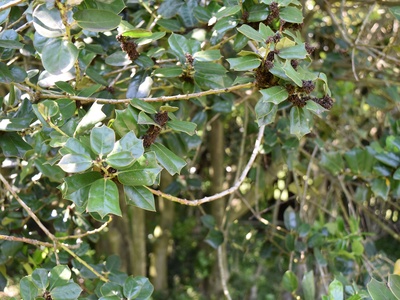
Chinese holly
An evergreen shrub or small tree of southern woodlands and stream banks. Chinese holly reaches 3–8 m, bears leathery leaves and red drupes that feed birds, and is used for hedging, traditional remedies and ornamental planting.
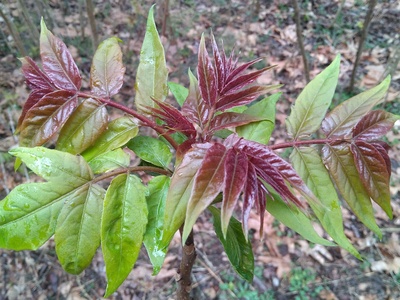
Tree of heaven
A fast-growing, tolerant deciduous tree of disturbed sites and river terraces. Tree of heaven grows 10–25 m, sprouts prolifically, was historically used for timber and dye, and is notable for rapid spread and strong resilience.
